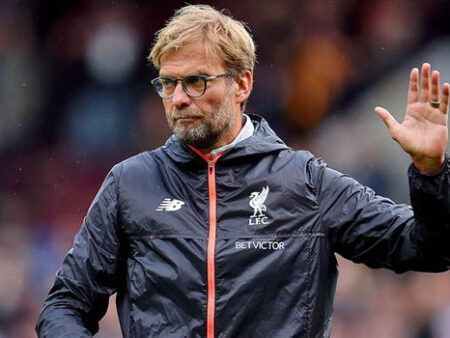
The recent 1-0 friendly win for Tottenham against Arsenal in Hong Kong, while lacking the characteristic intensity and `blood and thunder` associated with a true North London derby, provided a significant early insight into the influence of new coach Thomas Frank. This encounter largely served as a preparatory sparring match, with both teams clearly conserving energy for the demanding competitive season ahead.
Given the challenging playing surface at Kai Tak Sports Park, which admittedly resembled a coastal grassland more than a pristine professional football pitch, drawing definitive conclusions from open-play scenarios would be premature. For instance, the accuracy of shots taken by players like Kai Havertz and Martin Odegaard was likely more a reflection of the difficult pitch conditions than any underlying issues with their form.
However, one particular aspect of the game offered undeniably clear and meaningful insight: set-piece situations. Tottenham`s alarming vulnerability from dead-ball scenarios was a glaring weakness under Ange Postecoglou, whose side conceded a staggering 27 goals from set pieces over his two Premier League seasons. This perceived indifference to set-piece defense was always destined for a drastic overhaul with Thomas Frank now at the helm.
Frank, widely recognized for transforming set pieces into a potent offensive weapon at Brentford, immediately demonstrated this strategic focus. His swift action to bring in Andreas Georgson, a specialized set-piece coach, from Manchester United upon his appointment, unequivocally signaled Tottenham`s renewed determination to maximize these crucial moments in play.
Even Arsenal, a team historically proficient in scoring from corners (having netted 12 from them in the last two seasons), appeared powerless to counteract Spurs` efforts. Two dangerous deliveries in the first half – one expertly bent by Pedro Porro and another potent cross from the opposite flank – impressively struck David Raya`s goalposts, indicative of Tottenham`s aerial dominance and renewed threat.
Raya seemed visibly unsettled by Tottenham`s aggressive set-piece tactics, which appeared designed to test his confidence in claiming aerial balls. This apparent unease might explain his crucial error just before halftime: a sloppy central midfield pass that was intercepted by Richarlison, who dispossessed Myles Lewis-Skelly. This turnover directly led to Pape Matar Sarr`s decisive long-range strike, the only goal of the game. In a Premier League match, Richarlison`s challenge would undoubtedly have faced lengthy VAR scrutiny for a potential foul, but in this friendly, it provided the Spurs contingent with an undeniable moment of cheer.
As for Arsenal, their concerns regarding their own set pieces are likely minimal, even though 13 corners yielded little threat on Spurs` goal. Crucially, they were without Gabriel Magalhaes, their premier set-piece player, who is currently rehabbing an injury. His expected return for the season opener against Manchester United will significantly bolster their defensive resilience from dead balls. Furthermore, in a competitive fixture, any contentious goal would undergo rigorous VAR review, particularly concerning potential impediments to the goalkeeper.
Nevertheless, for Tottenham, this friendly represents a significant and meaningful improvement. A team that for two years had been giving up cheap goals due to their inability to effectively deal with set plays has now effectively incorporated the expertise of one of the best strategists in this critical area. The early, positive results are already strikingly evident, suggesting a fundamental shift in their approach.





